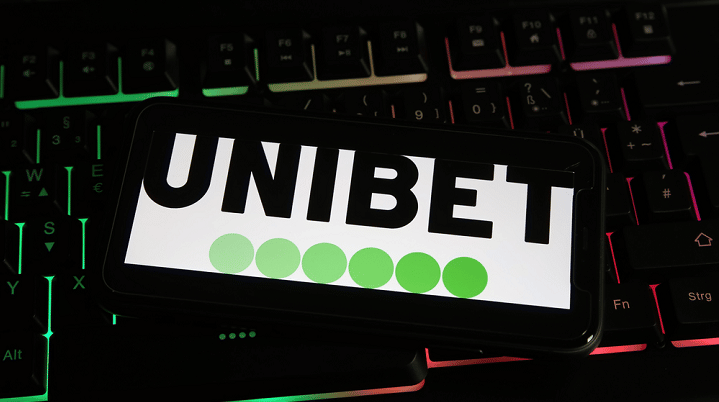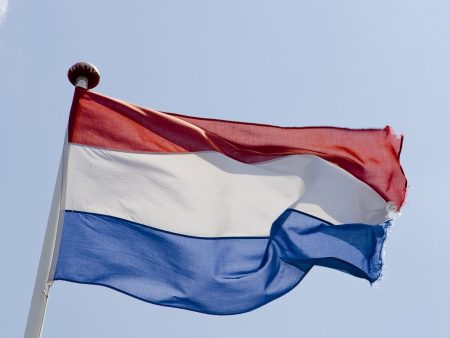Unibet, owned by Kindred, is under fire. The company is allegedly obstructing legal efforts by gamblers seeking to recover historical player losses in the Netherlands.

De Telegraaf, a Dutch newspaper, first reported the issue. Unibet, now licensed by the KSA, the Netherlands gambling regulator, has stopped providing transaction overviews critical for legal claims.
Lawyer Benzi Loonstein represents thousands of clients through his firm, Loonstein Advocaten. He alleges that Unibet is withholding essential transaction data. These records, including proof of deposits and withdrawals, are crucial for players to substantiate their claims in court.
Previous Dutch court verdicts declared pre-2021 player-operator contracts void and ordered the repayment of all historic losses.
In a letter to the Dutch House of Representatives, Loonstein described Unibet’s recent actions as sabotage. He claimed that victims are being denied access to their financial records.
He argues that under the GDPR or General Data Protection Regulation, clients have a legal right to review their data.
Loonstein also said that Kindred Group initially cooperated. This followed a Dutch court order requiring the operator to refund money to players who suffered losses during the period when online gambling was unregulated in the Netherlands.
Loonstein said that after the court awarded the first damages, Unibet began delaying requests. It extended the legal 30-day response period to 90 days. Then, it extended it further to 180 days and ultimately refused to provide the requested data.
Kindred cited Maltese regulations and internal corporate restructuring as reasons for the delays. This followed its parent company’s sale to FDJ, the French gaming giant La Française des Jeux, in a statement shared with NEXT.io.
The company that operated Unibet in the Netherlands before October 2021, Trannel Limited, was divested as part of the acquisition.
Kindred said that, as a result, Trannel is now under new ownership. The new owner is responsible for all ongoing legal matters and processing access requests. Because of this divestment, Kindred no longer has insight into their influence over how these requests are handled.


